A Birthday Memory of a Visionary
November 8, 2022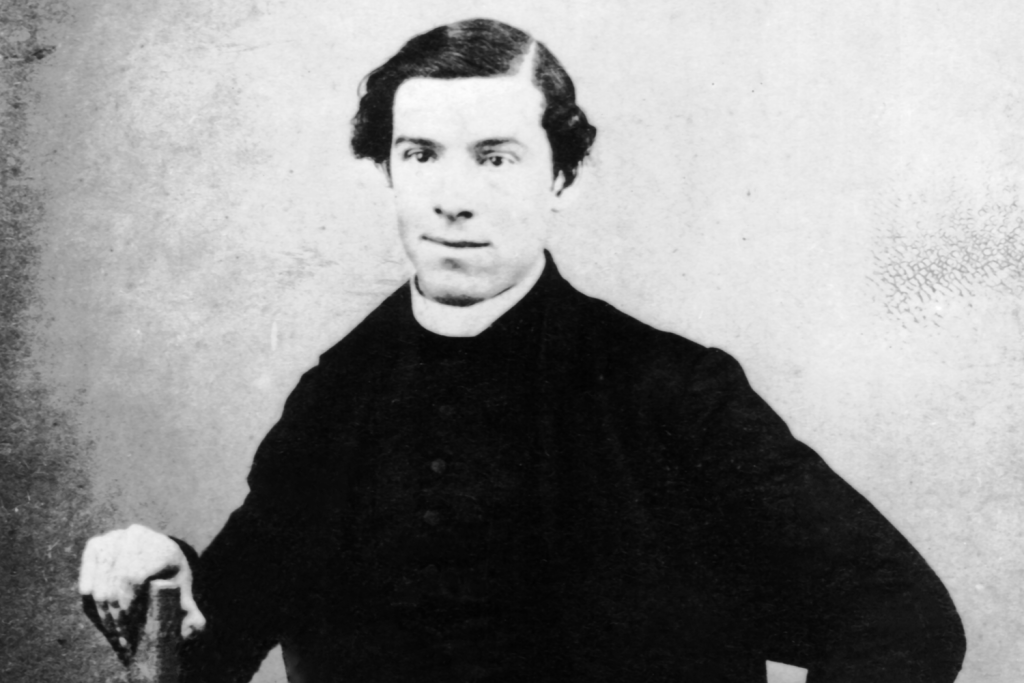
The significant connection between England and Australia was not fully recognised on 15 November 1832, the birth of Julian Tenison Woods.
Julian’s early life amidst frequent changes of residence, provided the space for developing and pursuing his lifetime interest in reading, discovering, and recording nature through sketching and sharing. The following years were dotted with varied and valuable experiences that contributed to his later years of priestly and pastoral service to the Catholic Church in Australia and civil society in Australia, Japan, Malaysia, Philippines and Java.
Anniversary of Father Founder Julian Tenison Woods
September 23, 2022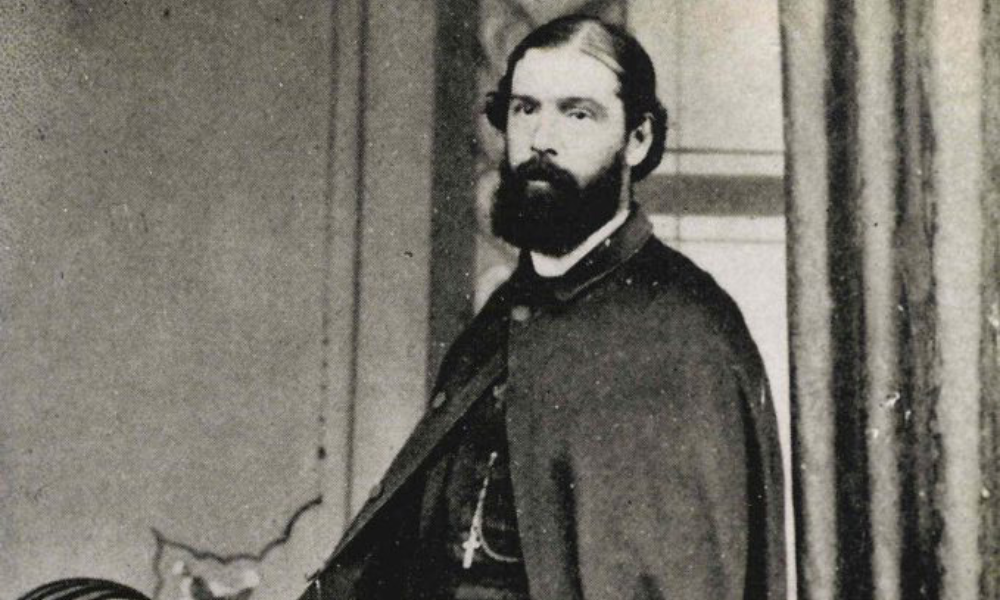
This death anniversary (7 October) of Father Founder, Julian Tenison Woods, comes at a time of worldwide concern for our environment and all people, especially the most impoverished. ln this crisis we look to Father Woods, a natural scientist ahead of his time in recognising the interconnection of all creatures.
His scientific peers wrote after his death of his attainments, energy and thoroughness. They also invariably wrote of him, the man, and his way of relating to others.
Father Founder – A Tasmanian Connection
August 23, 2022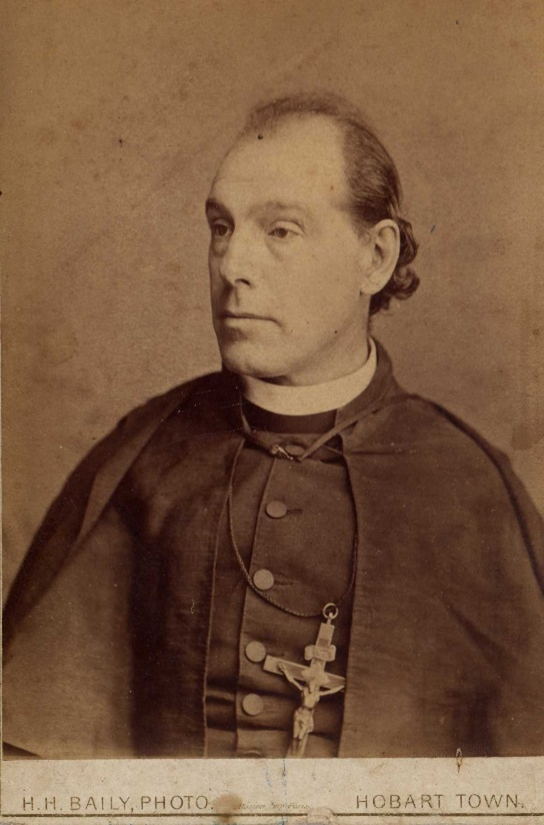
In education these days, there is a practice where a teacher may use a ‘provocation’. This is an object or artefact, a photo or a poem that is a stimulus for thought and discussion. A launching pad for learning.
In writing this reflection, and thinking about Father’s Day (4 September), and the role of Julian Tenison Woods as Father Founder of the Sisters of Saint Joseph, my mind was immediately drawn to an item we have in the display case in our Julian room at the Josephite Mission and History Centre in Hobart. It is Julian’s priestly collar in a battered case with a handwritten note from Mary MacKillop to the Tasmanian Sisters.
Julian Tenison Woods – 150 Years On!
July 22, 2022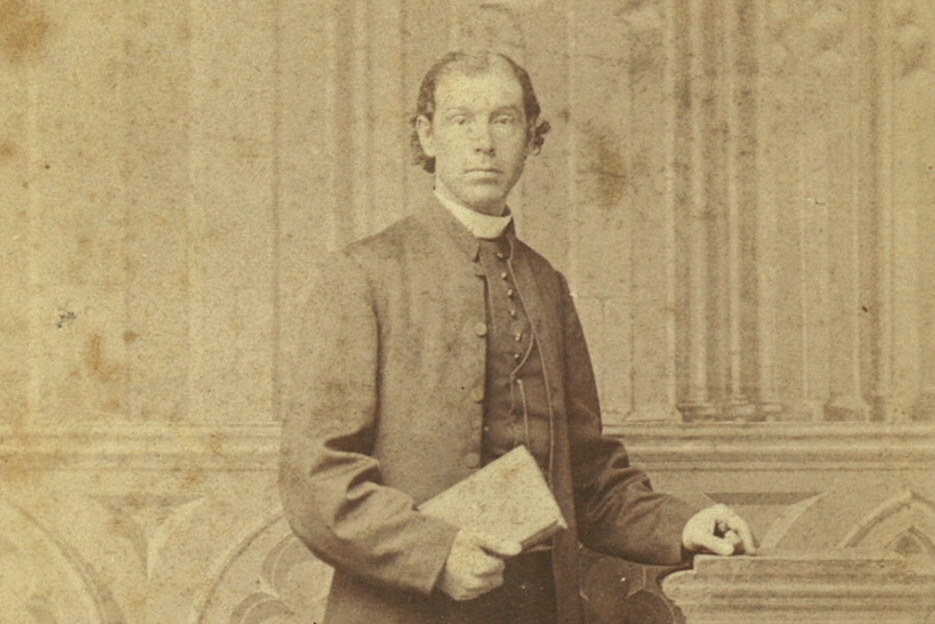
On 16 July 2022, the Sisters of Saint Joseph celebrated 150 years of the Congregation’s presence in New South Wales since their arrival in Perthville in 1872.
What would it be like for Fr Julian Tenison Woods to speak to us in this year of sesquicentenary?
150 years on, this is what I imagine he might say:
Father Julian and the Westbury Letters
June 22, 2022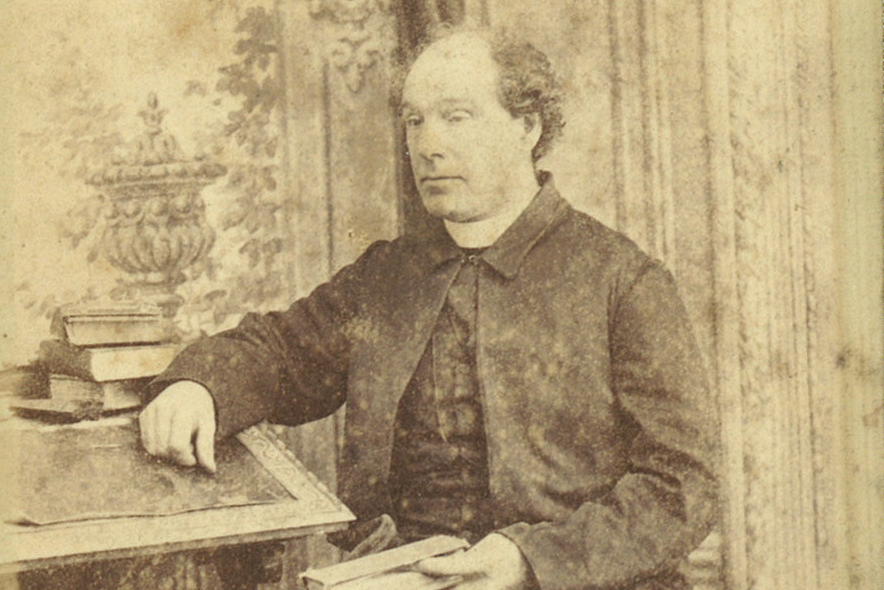
Father Julian Tenison Woods had a deep connection with Tasmania over many years. As a missioner, he encouraged many young women to join both the Sisters of Saint Joseph on the mainland and the founding group of the Sisters of Perpetual Adoration.
Aware of the needs in Tasmania, Fr Julian wrote to St Mary MacKillop in 1869:
There will be no such thing
May 6, 2022
Sr Mary-Ann shares a reflection on her favourite quote from Julian Tenison Woods.
Father Julian Tenison Woods’ writings are sprinkling with delightfully lyrical and sometimes pithy pieces. I find myself returning to words he penned in 1880:
Reflecting on illness and death
April 27, 2022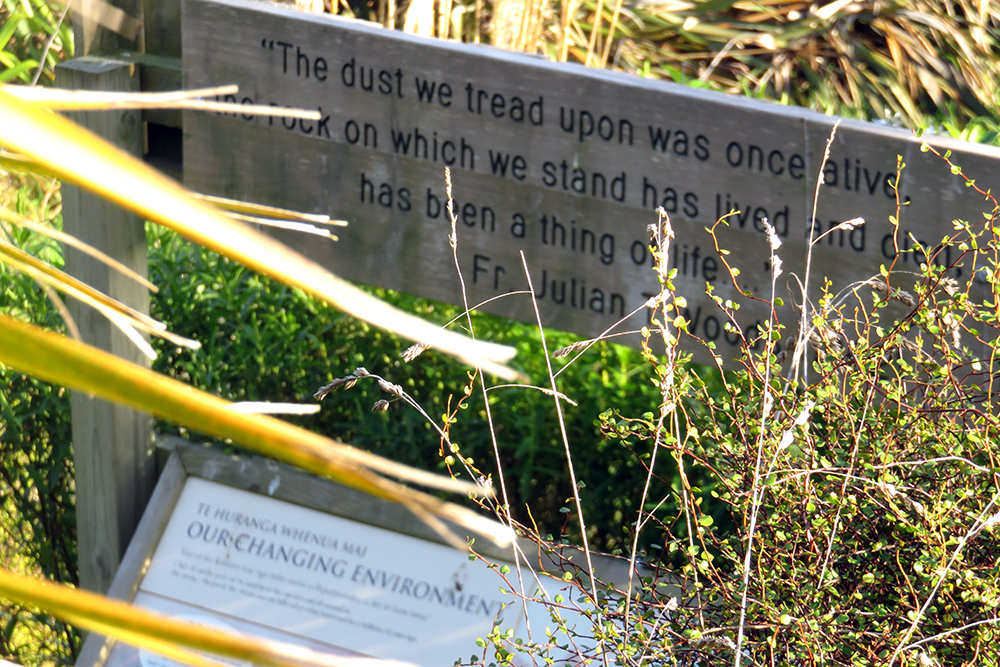
Life blooms and suddenly…
Monthly, weekly, and sometimes daily, we hear news of the death of yet another treasured, loved, Sister and friend. Sadness grips our hearts and minds. It feels as though our dreams and visions for the future are slipping away. Could it be that this Congregation, founded by Julian and Mary, is undergoing transformation? Is something new emerging?
The Legacy of Julian Tenison Woods and the Earth Charter
March 22, 2022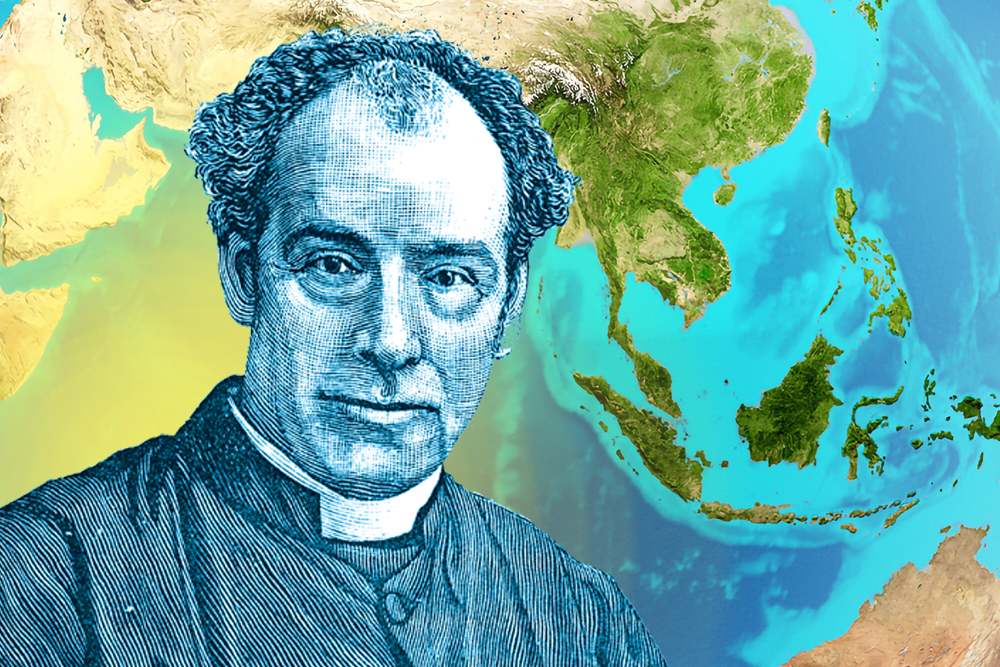
In every generation, voices of prophets remind us that God has charged humans with the care of our common home, Earth. The examples of our first peoples, and of individuals like Francis of Assisi, Meister Eckhart and the Medieval Women Mystics come to mind. In our day, too, we cite Pope Francis in his encyclical Laudato Si’ as synthesising world-wide awareness that our treatment of creation has repercussions for good or evil.
Similarly, can we claim Julian Tenison Woods as a nineteenth-century Australian prophet, a precursor of the current call to respond to the health crisis of our planet, Earth?
